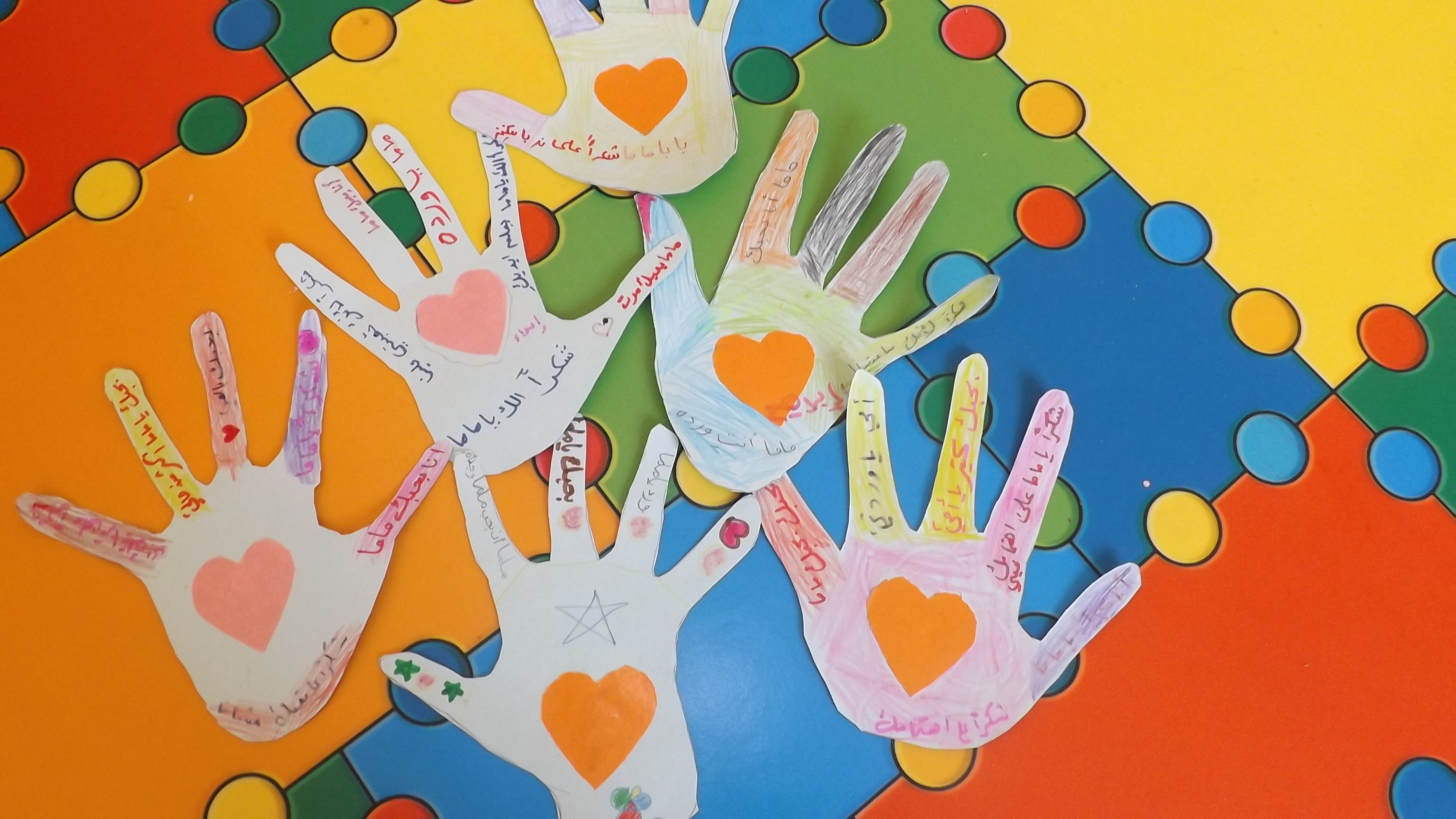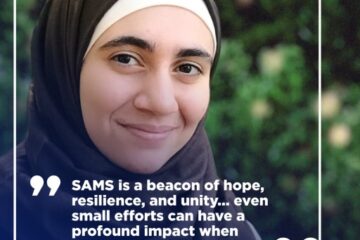September 8, 2017
Salah, a young Syrian, once lived in rural Damascus with his family. As violence escalated, he and his family fled Syria for Lebanon. They now live in the Beka’a Valley, home to over a million Syrian refugees.
Although he is now far from the aerial attacks that plagued his hometown, the trauma that originated in Syria followed him to Lebanon. While he was playing with his friends in rural Damascus, an airstrike targeted his neighborhood. He miraculously survived, but the destruction that unfolded in front of him left a lasting impact on his mental health.
Human Devastation Syndrome
Salah is one of many Syrian children who carry the burden of trauma, anxiety and depression. According to SAMS’s Mental Health Committee Chair Dr. Mohammed Hamza, the scale of PTSD in Syrian children is unprecedented. The trauma of the Syrian conflict eclipses what mental health experts have seen in the past, leading Dr. Hamza to coin the phrase “human devastation syndrome” to describe the unique nature of this suffering.
“We don’t even call it PTSD, we call Human Devastation Syndrome. It was above and beyond what we have seen in the past.” Dr. Hamza says.
The unique and immense need encourages Dr. Hamza and his colleagues to work even harder to address these issues in a systematic way, and to bring new understanding into a wider, global discourse.
“Our focus is on the deterioration, mentally, physically, psychologically, that has taken a toll on children.”
Creating Therapeutic Tools
Dr. Hamza, who started working with SAMS in 2012, has partnered with other mental health experts such as Dr. Yassar Kanawati, Dr. Saleem Al Nuaimi, and Dr. Iyad Alkhouri, to create psychosocial programming in host countries, and to train psychosocial support staff on the ground using innovative techniques such as remote education. They started travelling to host countries to ascertain the level of trauma, assess the needs and provide services.
In addition to developing psychosocial programs with SAMS staff in host countries, the Mental Health Committee also uses telepsychiatry to provide mental health support to beneficiaries inside Syria.
Training is also a cornerstone of the Mental Health Committee’s work; they are actively involved in training therapists on new techniques, including EMDR (Eye Movement Desensitization and Reprocessing), play therapy, as well as multiple therapeutic techniques.
Restoring Hope & Normalcy
For children who struggle with trauma, like Salah, Dr. Hamza says that the focus is on mitigating the symptoms.
Due to SAMS Mental and Psychosocial Center in Beka’a, Salah was able to regain a sense of normalcy. When he visited the center, our psychiatrists diagnosed him with PTSD. Salah was aloof, refusing to go to school because he feared something would happen.
After conducting needs assessment, our psychosocial staff identified the appropriate treatment for Salah’s condition. He participated at SAMS’s “CAT” program that aimed at helping children with PTSD. SAMS staff worked closely with Salah and his mother, and showed improvement after a few weeks of treatment.
With these programs, SAMS staff strives to bring hope and normalcy into a patient’s life, even if for a few hours at a time.




